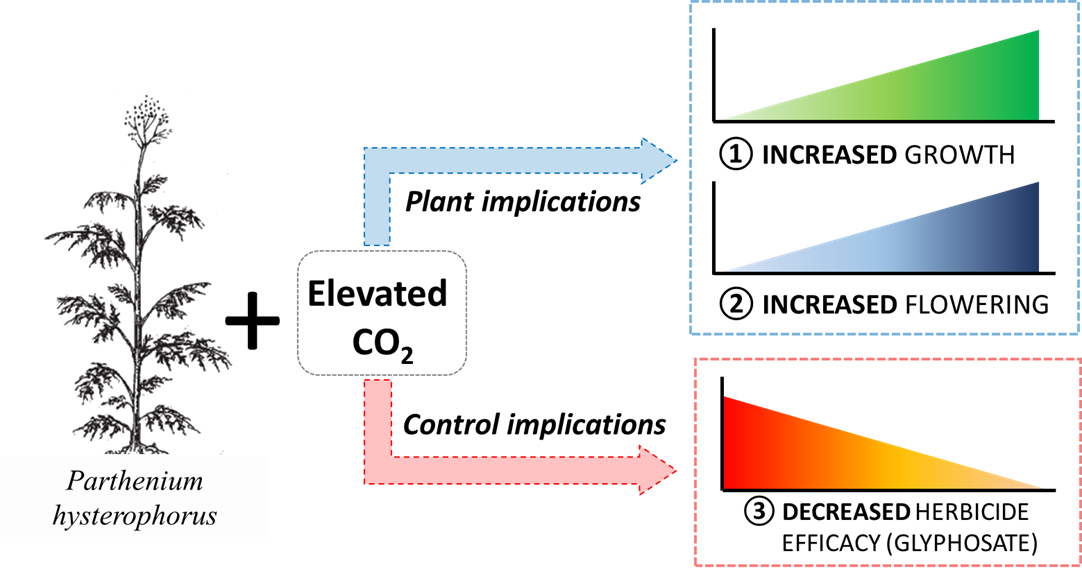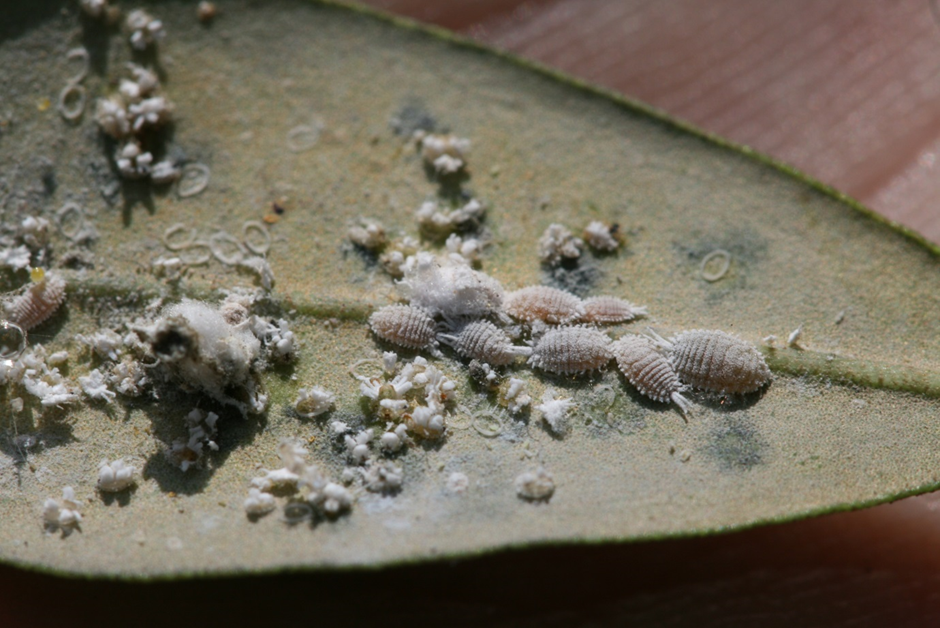Controlling famine weed under elevated CO2: a troubling future ahead?
A paper published in the journal Pest Management Science showed that herbicide is likely to become less effective in controlling the invasive famine weed (Parthenium hysterophorus) in the future as CO2 levels rise.
Comments Off on Controlling famine weed under elevated CO2: a troubling future ahead?
12 June 2020


